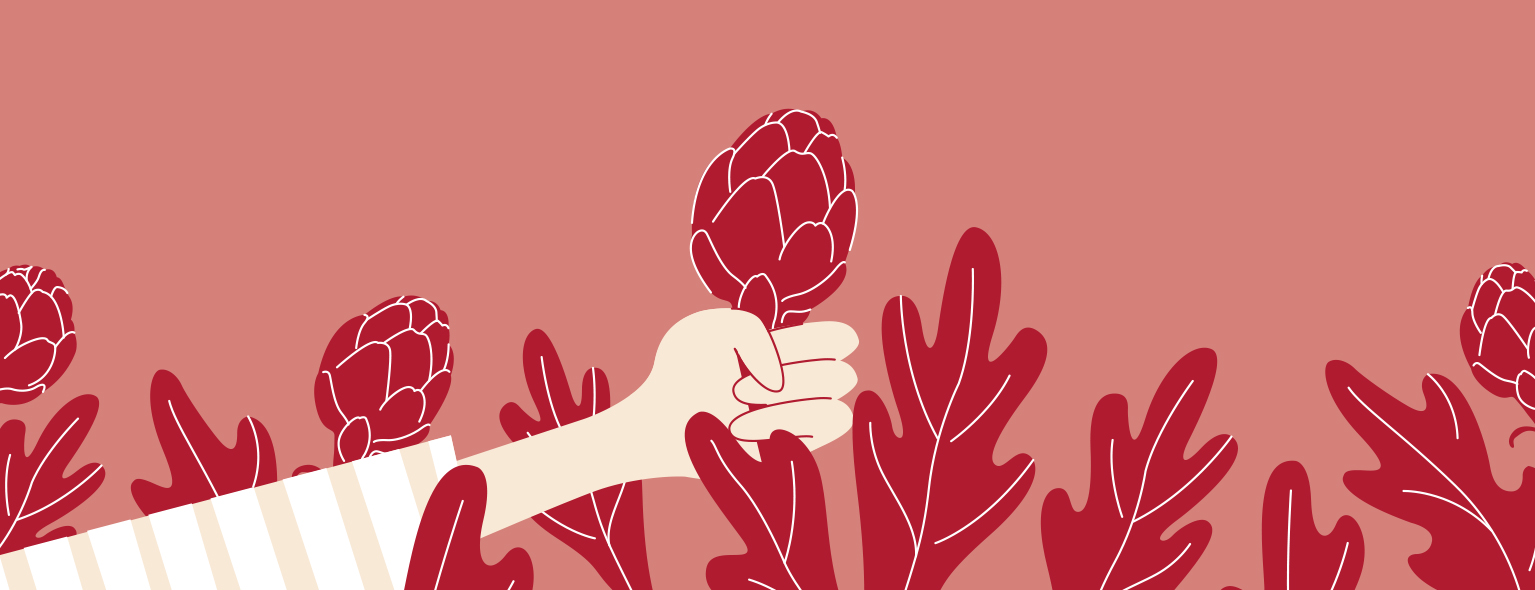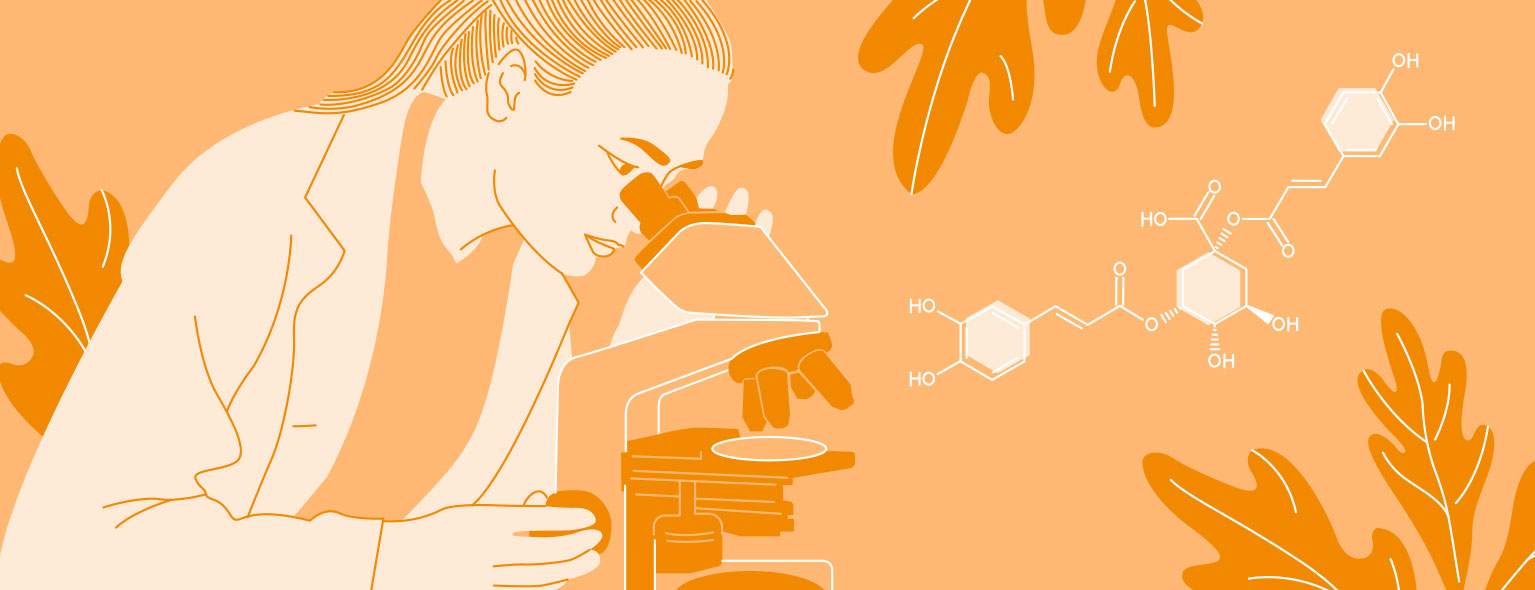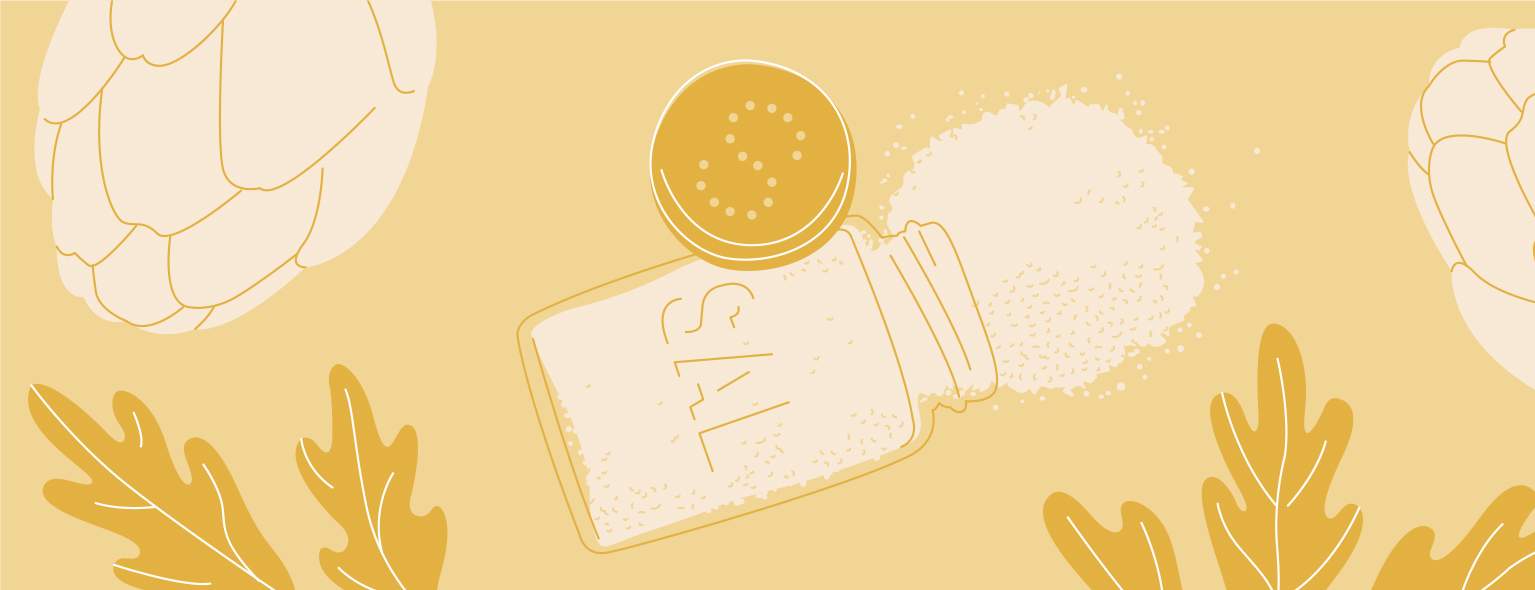Eating three or more servings of fruit and vegetables a day feeds the planet’s health and optimism as well. A lower carbon diet not only makes the bottle look half full on environmental issues, as we already knew, but also fills us with positive feelings, according to a new study.
The key to this new source of happiness appears to be in carotenoids, or beta-carotenes, a pigment found in high concentrations in fruits and vegetables. And I mean it seems because, in reality, scientists still don’t know why a diet high in beta-carotenes makes people less pessimistic.
But what if optimistic people by nature had healthier lifestyle habits and therefore ate green? In light of the results obtained, the researchers estimate that this circumstance could explain the finding, but only partially.
Combat stress
In addition to finding out that fruits and vegetables improve well-being by transmitting positivity, its chemical substances known as antioxidants (such as carotenoids) are also believed to be able to reduce stress levels . In this sense, the study would reinforce this hypothesis.
Conducted by the Harvard School of Public Health, the study looked at the blood of various antioxidants, including carotenoids, in nearly a thousand Americans of both sexes, in an age range of 25 to 74 years.
Crossing this data with the degree of optimism, it was found that people who ate two or fewer servings of fruits and vegetables a day were significantly less optimistic than those who ate three or more servings daily.
Happy with 7 servings a day
Last year, a study from the University of Warwick found that people who ate seven servings of fruits and vegetables a day were the happiest, although the reason was unknown. The words of Andrew Oswald, director of the curious investigation, were eloquent:
We believe we are on to something very important here. However, it is not well understood why this occurs, if there is something in the biochemistry of fruit and vegetables that works within humans. What we do know is that fruits and vegetables have a large amount of antioxidants that protect our body from attacks, but we do not know their role in our emotions.
Vegetarian world, optimistic future
Be that as it may, whether eating green helps us see everything pink or if optimism drives us to eat better, the truth is that increasing the consumption of fruit and vegetables and reducing the consumption of meat products also leads to environmental optimism.
Recall the study of the Stockholm International Water Institute (SIWI), which concludes that the global overpopulation will make the vegetable diet prevail over the massive consumption of meat in the short term.
The authors of the work point out that adopting a vegetarian diet would preserve the water needed for crops, which would mean more food security in a global environment punished by climate change. Not surprisingly, a third of cultivated land dedicates its crops to forage. Therefore, most likely the most optimistic dietary future is green, the color of hope.
 Skip to content
Skip to content







